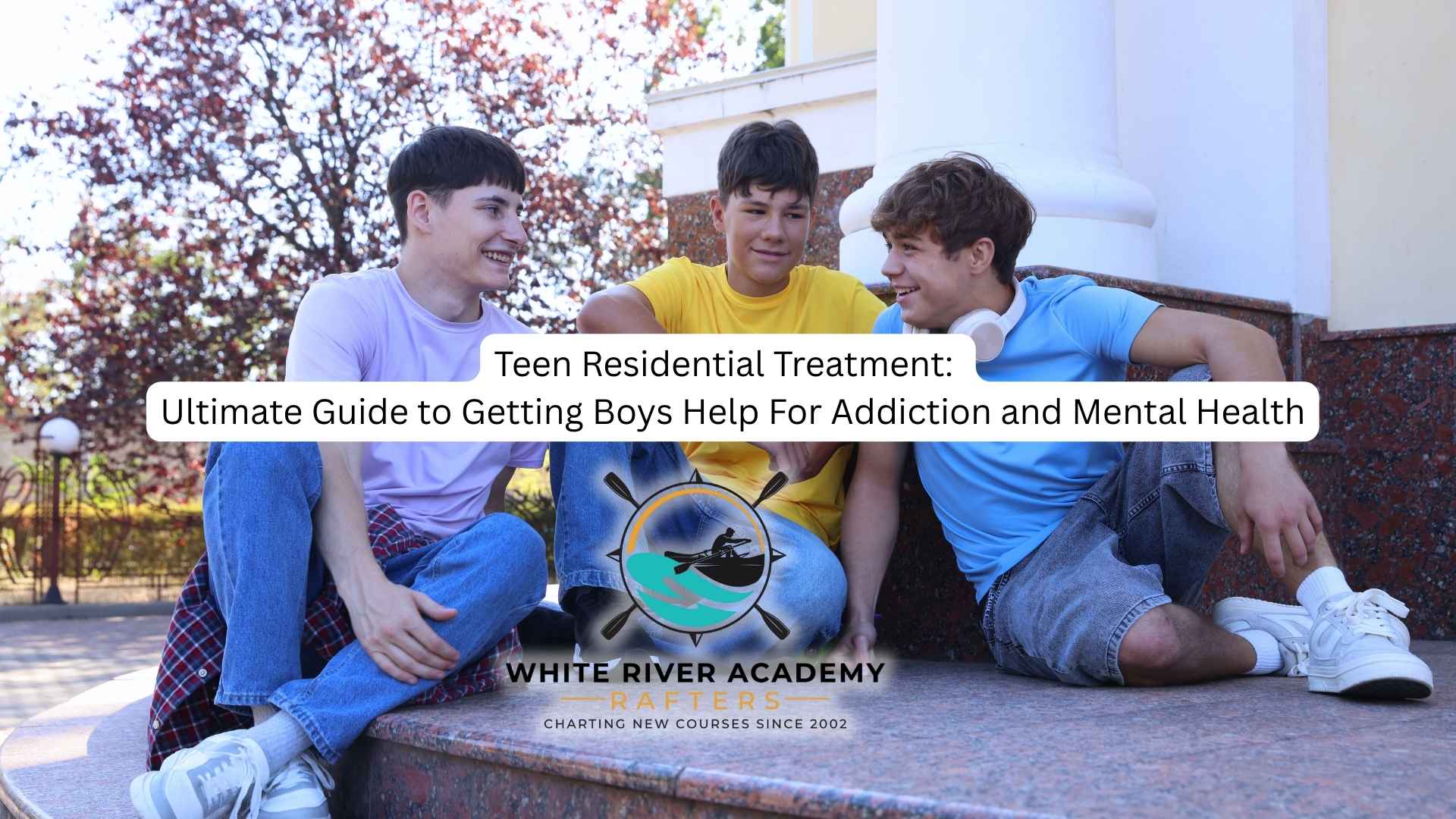Therapeutic boarding schools provide specialized care for troubled youth, combining therapy with residential and academic support. Many families exploring this option face uncertainty about whether insurance will cover the significant costs involved. Understanding insurance coverage policies is critical for making informed decisions about therapeutic boarding school placements.
In this article, we clarify whether therapeutic boarding schools are typically covered by insurance and examine the factors influencing coverage. We also offer guidance for families seeking insurance support and discuss alternative payment options.
What Are Therapeutic Boarding Schools?
Therapeutic boarding schools are residential programs designed to support children and adolescents who have emotional, behavioral, or psychiatric challenges. These schools offer a structured environment that integrates individual and group therapy with academic instruction and life skills development.
Unlike traditional boarding schools, therapeutic boarding schools prioritize mental health treatment along with education, providing a safe space where troubled youth receive comprehensive care. Families often consider these schools when outpatient or community-based interventions have not sufficed.
Insurance Basics for Behavioral and Residential Treatment
Health insurance coverage for mental health and behavioral treatments varies widely depending on the type of insurance and the nature of the services. Private insurance, Medicaid, and state or federal health programs may cover certain behavioral health services, but coverage of residential programs differs significantly.
It’s important to distinguish the difference between therapeutic boarding schools from other boarding schools, residential treatment centers, and psychiatric residential treatment facilities, as these categories have different insurance reimbursement policies. Residential treatment centers typically provide medically necessary care with staff supervision, which may be reimbursable, whereas therapeutic boarding schools often incorporate a significant educational and custodial component that complicates coverage.
Does Insurance Cover Therapeutic Boarding Schools?
In general, therapeutic boarding schools are not typically covered by standard health insurance plans. Many insurance policies exclude coverage because these schools are often classified primarily as educational or custodial rather than medical or therapeutic. This distinction hinges on policy language, where insurance pays for medically necessary treatment but not for educational placements or custodial care.
Although therapeutic boarding schools include therapy and counseling services, insurance companies may consider these ancillary to the primary educational service and therefore non-covered. Some insurance plans may cover specific mental health services rendered by licensed professionals within the school if billed separately, but the boarding and schooling costs are often excluded.
Factors Affecting Insurance Coverage
Several factors influence whether insurance might cover part or all of therapeutic boarding school costs:
Type of Insurance
Private insurance plans and Medicaid have different coverage policies. Some states’ Medicaid programs may cover specific treatment of substance use or psychiatric disorders in residential settings approved as treatment centers, but therapeutic boarding schools often do not meet these criteria.
State Regulations and Medical Necessity
Approval often requires demonstrating medical necessity with proper diagnoses and documentation. Without this, insurers are unlikely to authorize payment.
Licensing and Accreditation
Schools accredited as treatment facilities or part of state-approved residential treatment centers have a better chance of coverage than those solely licensed as educational institutions.
Out-of-State Care
If the therapeutic boarding school is out-of-network or in another state, insurance companies may deny or limit reimbursement.
Common Insurance Barriers and Limitations
Families seeking insurance coverage for therapeutic boarding schools often face a number of significant barriers and limitations. One of the primary challenges is that many insurance plans exclude services classified as educational or custodial care, which makes it difficult to secure coverage for the boarding and academic components integral to these schools.
Insurance networks also tend to be limited, so if a therapeutic boarding school is not recognized or approved by an insurer, claims are often denied. Navigating the requirements for prior authorization and utilization reviews can also be complex and time-consuming, adding further obstacles. Even when partial coverage is available, families are frequently responsible for substantial out-of-pocket expenses, such as deductibles, co-pays, or costs for non-covered services, which can create a heavy financial burden.
These barriers combined often result in families receiving only partial reimbursement or no insurance support at all for therapeutic boarding school costs.

Alternative Payment Options and Financial Aid
Because insurance rarely covers the full cost of therapeutic boarding schools, families often explore alternative payment methods. Some programs separate therapeutic services provided by licensed clinicians, which may be billed to insurance independently of boarding or tuition costs. Families might have to rely on:
- Out-of-pocket payments.
- Educational or personal loans.
- Scholarships, grants, or sliding-scale fees offered by some therapeutic boarding schools.
- Nonprofit assistance programs designed to support families in need.
Tips for Families Seeking Coverage
It is essential to carefully review the details of their insurance policies to understand what behavioral health and residential services may be covered.
Obtaining thorough documentation from healthcare providers that clearly justifies the medical necessity of the placement can greatly strengthen the case for coverage. Seeking prior authorization before enrolling is crucial to avoid unexpected claim denials. Keeping detailed records of all communications and being prepared to appeal denied claims can further support the process.
Choosing programs that are accredited as treatment facilities, rather than solely educational institutions, may increase the likelihood of coverage. By staying organized and proactive, families can better manage the challenges of securing insurance support for therapeutic boarding school treatment.
Consulting with insurance representatives and behavioral health case managers can help navigate the often complex and technical requirements of insurance approval.
Legal and Regulatory Developments
Laws such as the Mental Health Parity and Addiction Equity Act require insurers to provide comparable coverage for mental health and substance use treatment, but this does not guarantee coverage of therapeutic boarding schools.
State mandates vary widely, and ongoing advocacy aims to expand insurance support for comprehensive behavioral health treatment, including residential care. Families should stay informed about evolving insurance regulations affecting coverage options.
Final Thoughts from White River Academy
Therapeutic boarding schools are often not fully covered by insurance because they’re classified more as educational or custodial programs than medical treatment. For those exploring this option for a child with complex behavioral health needs, it’s crucial to review insurance policies thoroughly, gather proper documentation, and consider alternative funding sources.
At White River Academy, we recognize the financial challenges families may face when seeking therapeutic education. Our dedicated team assists in navigating insurance benefits, financing plans, and scholarship opportunities to help make high-quality care for your teen more accessible.




